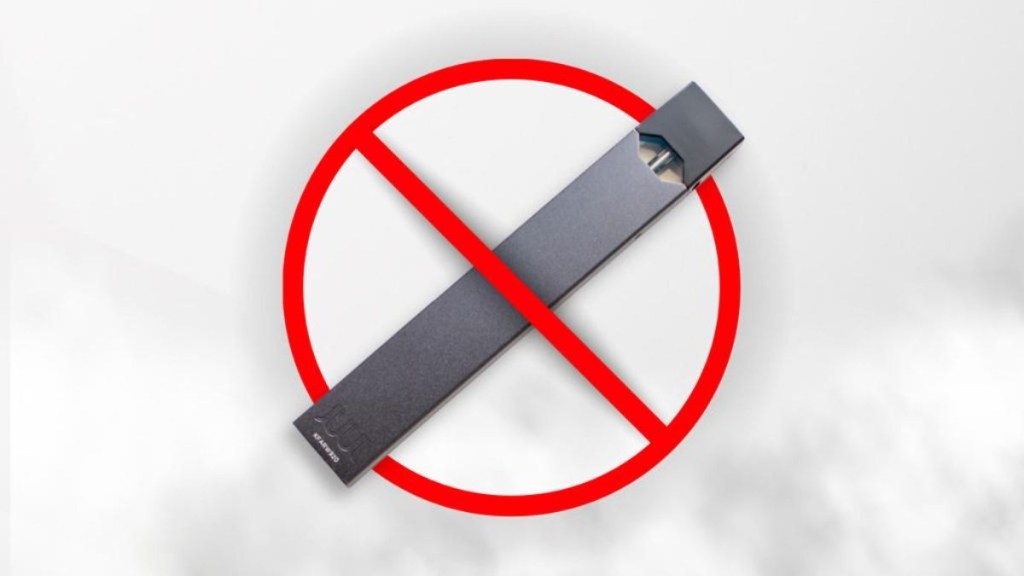In its ongoing effort to decode the issue of escalating addiction among adolescents and to recommend effective solutions, Think Change Forum (TCF), an independent think tank has launched the ‘Freedom for our Future’ campaign to curtail vaping in the backdrop of India’s upcoming Independence Day on 15th August 2023.
Experts from various fields such as sports, bureaucracy, armed forces and child welfare have joined the campaign and have called for the intensification of education against abusive behaviours like vaping. The experts have urged the government to initiate awareness campaigns against vaping through various public media platforms, mirroring the impactful anti-smoking advertisements.
Speaking on the campaign, Sanjoy Roy, managing director of Teamwork Arts, founder Trustee Salam Balak Trust said, “I am happy to join the ‘Freedom for our Future’ campaign to bring about awareness about the harmful effects of vaping. Just as graphic anti-smoking ads are shown in movie halls, we need similar impactful communication against vaping. These ads should depict the potential harm to a person’s lungs and overall health, and strive to make vaping uncool. The need of the moment is for government to launch an anti-vaping advertising campaign.”
The ‘Freedom for our Future’ campaign is a digital campaign which will consist of a series of educational videos that will highlight the ill effects of vaping and dismantle any misinformation attached to the habit. Recognising that today’s children are digital natives, the campaign has been launched in the digital space to ensure optimal reach and also create a pathway for India to gain freedom for its children from the grip of this substance abuse. The campaign will also enhance awareness regarding the ban on vaping in India as well as in other countries, elucidating the rationale behind such measures.
Moreover, the experts also demanded the establishment of a comprehensive government-led demand reduction program, coupled with new legislation to punish behaviours like vaping. Rajesh Kumar, executive director, Society for Promotion of Youth and Masses (SPYM) added, “While global and Indian efforts have largely focused on supply reduction, we must also prioritize demand reduction. Relying solely on supply reduction initiatives is insufficient. A government demand reduction policy, working in tandem with supply reduction efforts, is imperative. This policy could encompass stringent laws penalizing individuals engaged in vaping or other substance abuse issues. Such measures would instil fear among both children and parents, leading to reduced usage and subsequently impacting the supply aspect as well.”

